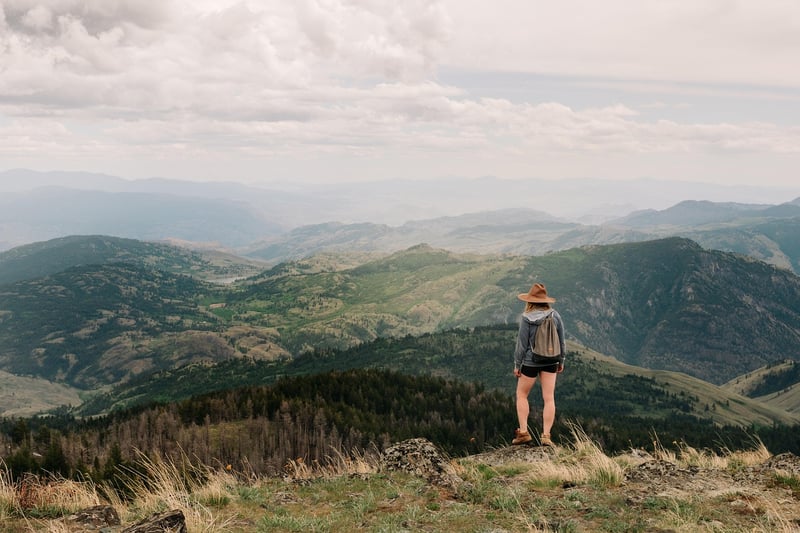Emergency Protocols
Master the Outdoors: Emergency Protocols
Exploring the great outdoors can be a thrilling experience, but it's essential to be prepared for any emergencies that may arise. Whether you're an avid hiker, camper, or nature enthusiast, knowing the necessary emergency protocols can make all the difference in ensuring a safe and enjoyable adventure.
1. Plan and Prepare
Prioritize planning and preparation before embarking on any outdoor excursion. Research the area you'll be visiting, familiarize yourself with the terrain, and check the weather forecast. Pack essential items such as a first aid kit, navigation tools, extra food and water, and appropriate clothing for the conditions.
2. Share Your Itinerary
Inform a trusted friend or family member of your itinerary, including your planned route, expected return time, and emergency contact information. In the event that you do not return as scheduled, this information can be crucial for search and rescue teams.
3. Stay Calm and Assess the Situation
In case of an emergency, such as getting lost or injured, stay calm and assess the situation. Take stock of your surroundings, remain in one place if possible, and conserve your energy and resources while waiting for help.
4. Signal for Help
If you are in need of assistance, use signaling techniques to attract attention. This can include blowing a whistle, creating a signal fire, using a mirror to reflect sunlight, or creating visible markers in an open area.
5. Know Basic First Aid
Having knowledge of basic first aid can be invaluable in outdoor emergencies. Learn how to treat common injuries such as cuts, sprains, and insect bites. Consider taking a first aid course to enhance your skills and confidence in handling medical situations.
6. Emergency Communication
Carry a fully charged cell phone or satellite communicator for emergency communication. Be aware of areas with poor reception and have alternative communication methods such as a whistle or signaling device.
7. Respect Nature and Leave No Trace
While enjoying the outdoors, remember to respect nature and leave no trace of your visit. Preserve the environment for future generations by following Leave No Trace principles, which include packing out all trash, staying on designated trails, and minimizing your impact on the surroundings.
By following these essential emergency protocols and practicing responsible outdoor behavior, you can enjoy your adventures with confidence and peace of mind. Remember, being prepared is the key to a safe and enjoyable outdoor experience.

Image Source: Pixabay
